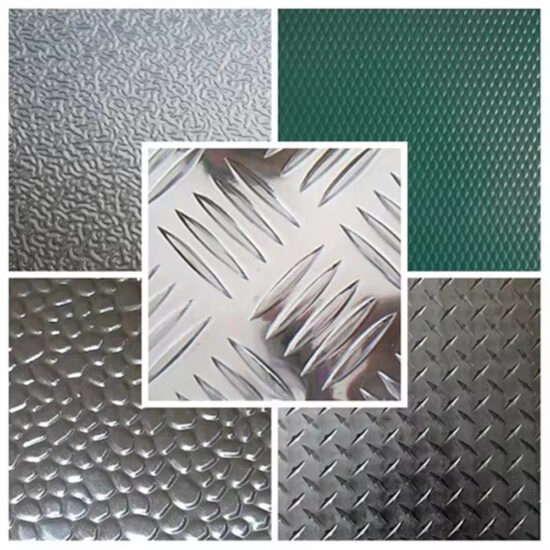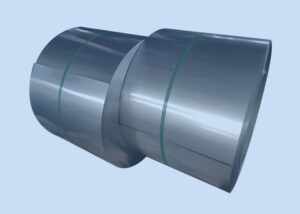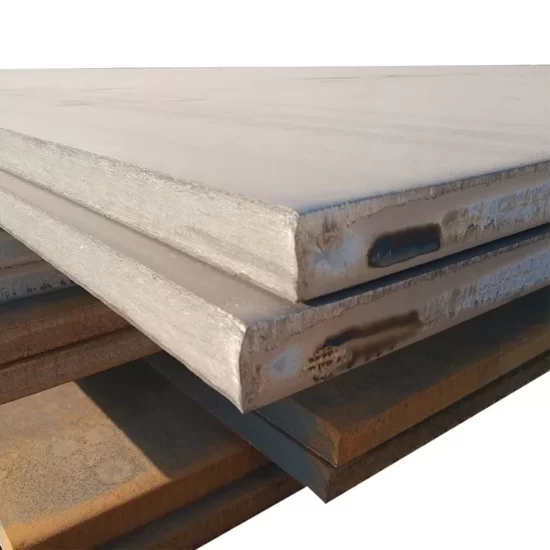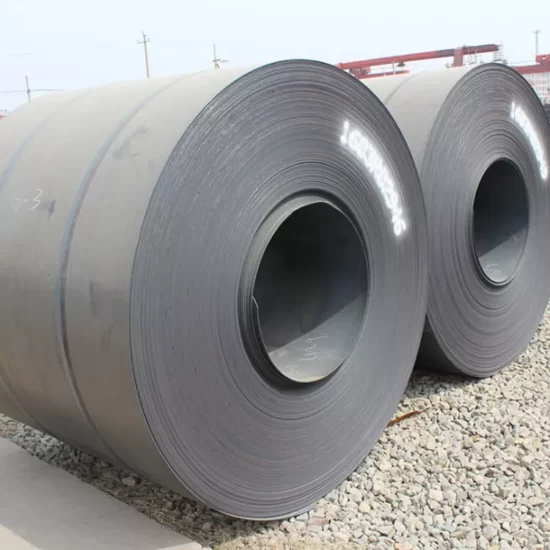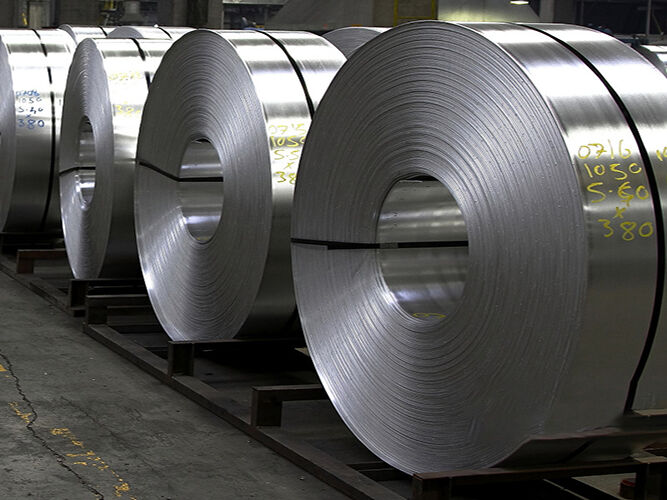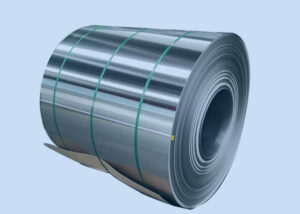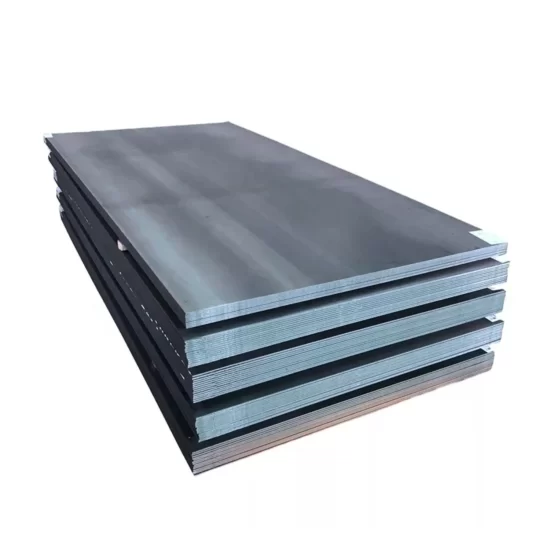Thick aluminum plate refers to a type of aluminum plate that has a substantial thickness compared to standard aluminum sheets. While the specific thickness can vary depending on the application and requirements, thick aluminum plates typically have a thickness greater than 6 milímetros (0.25 inches).
Thick aluminum plates are known for their exceptional strength, durabilidade, e versatilidade. They are commonly used in industries that require materials capable of withstanding heavy loads, impacts, and harsh environments. The thickness of the plate provides structural integrity and stability, making it suitable for applications where high strength and rigidity are essential.
One of the primary advantages of thick aluminum plates is their excellent corrosion resistance. Aluminum naturally forms a protective oxide layer that prevents further corrosion, ensuring long-term durability even in corrosive environments. This makes thick aluminum plates suitable for outdoor applications or industries exposed to moisture, chemicals, or extreme weather conditions.
Thick aluminum plates also offer good thermal conductivity, which makes them suitable for applications requiring heat dissipation or temperature management. Adicionalmente, aluminum is lightweight compared to other metals, allowing for easier handling, transporte, and installation of the thick plates.
The versatility of thick aluminum plates allows for various fabrication methods, including cutting, drilling, Soldagem, and forming. This enables customization and adaptation of the plates to specific requirements, whether it’s for structural components, machinery, transportation equipment, or other applications.
Common uses for thick aluminum plates include aerospace components, marine structures, automotive parts, heavy-duty machinery, mold making, and industrial equipment. The plates can also be used in architectural applications, such as structural supports, platforms, and panels.
Resumindo, thick aluminum plates offer exceptional strength, resistência à corrosão, e versatilidade. Their robustness and reliability make them a preferred choice in industries that require durable materials capable of withstanding heavy loads and harsh environments.
 PROGRESSO
PROGRESSO

